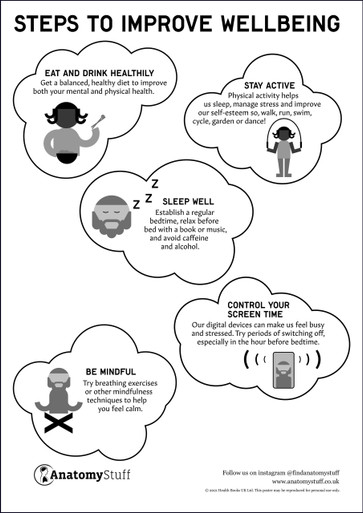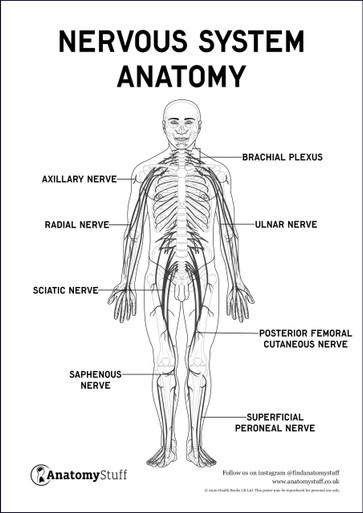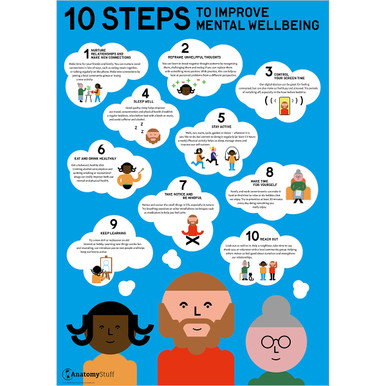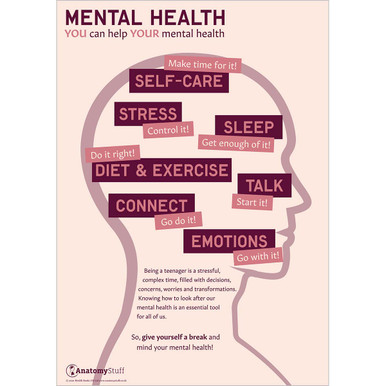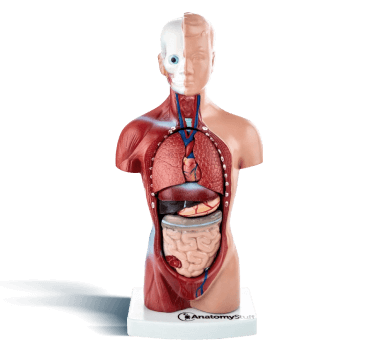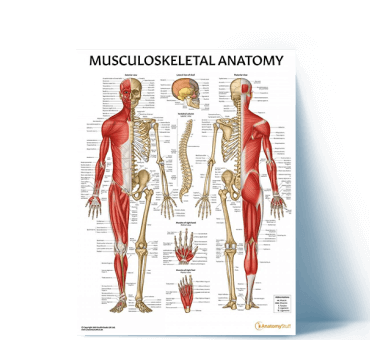Stress Management
At some time in our lives, we are all exposed to stress. Because stress contributes to or causes many health issues, it’s vital to understand how stress affects your body and learn effective stress management techniques to remain healthy and well.
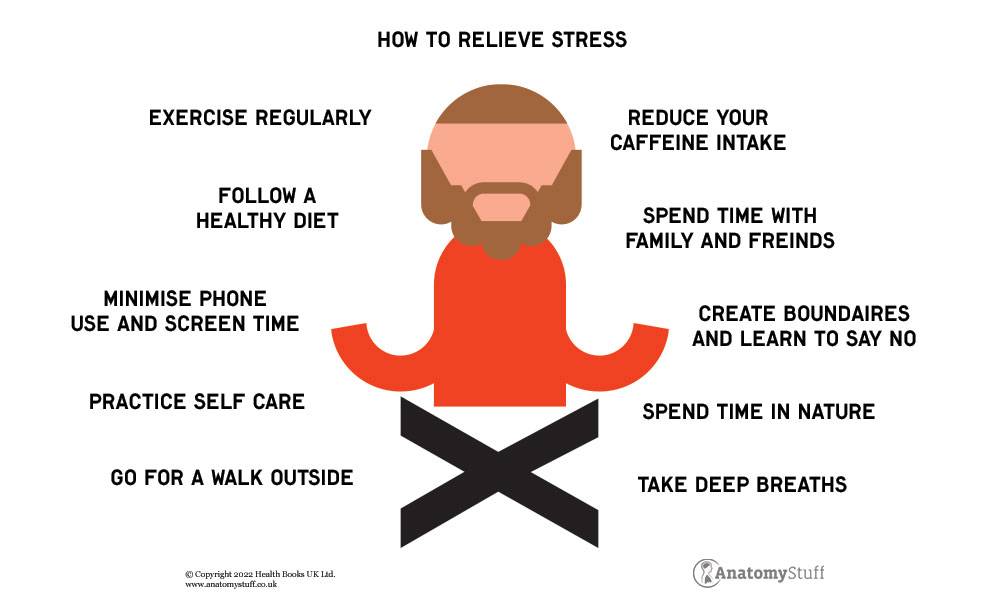
What does it mean to be stressed?
Everybody experiences stress – stress can actually be a positive thing-it can make us perform tasks and actions that we fear. Stress reactions enable you to adjust to new situations. Stress has the potential to be useful since it keeps us alert, focused, and ready to flee danger.
You can get stressed about little things such as traffic jams or major life events such as marriage, divorce, or the death of a loved one.
When you’re stressed, what happens to your body?
The autonomic nervous system controls your heart rate, breathing, vision, and other processes. The “fight-or-flight response,” the body’s built-in stress response, helps you to cope with stressful situations. When a person is under long-term stress, the stress response is constantly activated, causing wear and tear on the body. Physical, emotional, and behavioural manifestations are all examples of symptoms.
What are the causes of stress?
Stress may be caused by a range of factors, which are referred to as stressors. Because our individual impressions of what we face in life impact our understanding of what is difficult, a situation may be stressful to one person but just challenging to another. As a result, one person’s stressor may not be stressful to another. Certain circumstances, on the other hand, cause more stress in the majority of individuals and may increase the risk of burnout. Major life events, grief, work pressures, marital fights, financial worries are just some common stressors we can face.
Free PDF Downloads
View AllStress Management Techniques
To correctly manage stress, there are things we can do. The most successful stress management regimens often include a mix of stress relievers that treat stress on both a physical and mental level while also helping in developing resilience and coping skills.
Acquire the ability to recognise your pressures
The first step in dealing with stress is to recognise it in your life. Everyone responds to stress in their own way. You may get agitated or enraged, lose sleep, or suffer from headaches or stomach pains. How can you know if you’re stressed? You can start dealing with it after you know what signs to look for. Make a note of the scenarios that cause you to get stressed. You may be stressed out by your family, school, career, relationships, money, and health. Once you understand where your stress is coming from, you can devise strategies to cope with it.
Look for healthy stress-relieving techniques
Stress can be dealt with in several healthy ways. Try a few and discover which ones work best for you. Recognise the things you can’t change in your life. Accepting that you won’t be able to alter some circumstances allows you to let go. For example, you can’t alter the fact that you have to drive during rush hour. Listening to a podcast, on the other hand, may help you relax throughout your commute.
Avoid being in a tense situation. As quickly as possible, get away from the source of your stress, if you can. Limit the stress where possible – if you feel stressed by debt, then try to manage your budget better. If you feel stressed by arguing with a partner, try to seek counselling together. Whatever seems to trigger the stressful situation, try to reduce or avoid it.
Fresh air and exercise
Physical exercise is one of the most basic and effective stress-reduction techniques around. When you exercise, your brain produces chemicals (endorphins) that make you feel wonderful. It may also help you release bottled-up energy or frustration. Whether it’s walking, cycling, swimming, or dancing, do something you like for at least 30 minutes most days.
Shift your viewpoint
Make an effort to have a more positive attitude when confronted with challenges. This may be achieved by replacing negative thoughts with more positive ones. Instead of asking yourself, “Why does everything always go wrong?” say to yourself, “I can find a way to get through this.” It may look challenging at first, but with practice, you may find that it helps you in changing your opinion.
Discover new ways to relax
Relaxation techniques are a great way to deal with everyday stress. Relaxation methods may reduce blood pressure and the slowing of the pulse rate. Deep breathing and meditation are only a few examples, as are yoga and tai chi. Consider taking a class or using books, videos, or internet resources to learn.
Be in touch with the people who matter to you
Finally, keep in contact with those you care about. Allowing stress to prevent you from socialising is not a smart idea. Spending time with loved ones might help you forget about your worries and feel better. Putting your trust in a loved one may also help you resolve your problems.
Stress may be a short-term or long-term issue depending on how your life unfolds. Most physical, emotional, and behavioural impacts of stress may be prevented by regularly practising stress management techniques. You can effectively take control of your life and lead it healthily if you understand the fundamentals of stress management.






